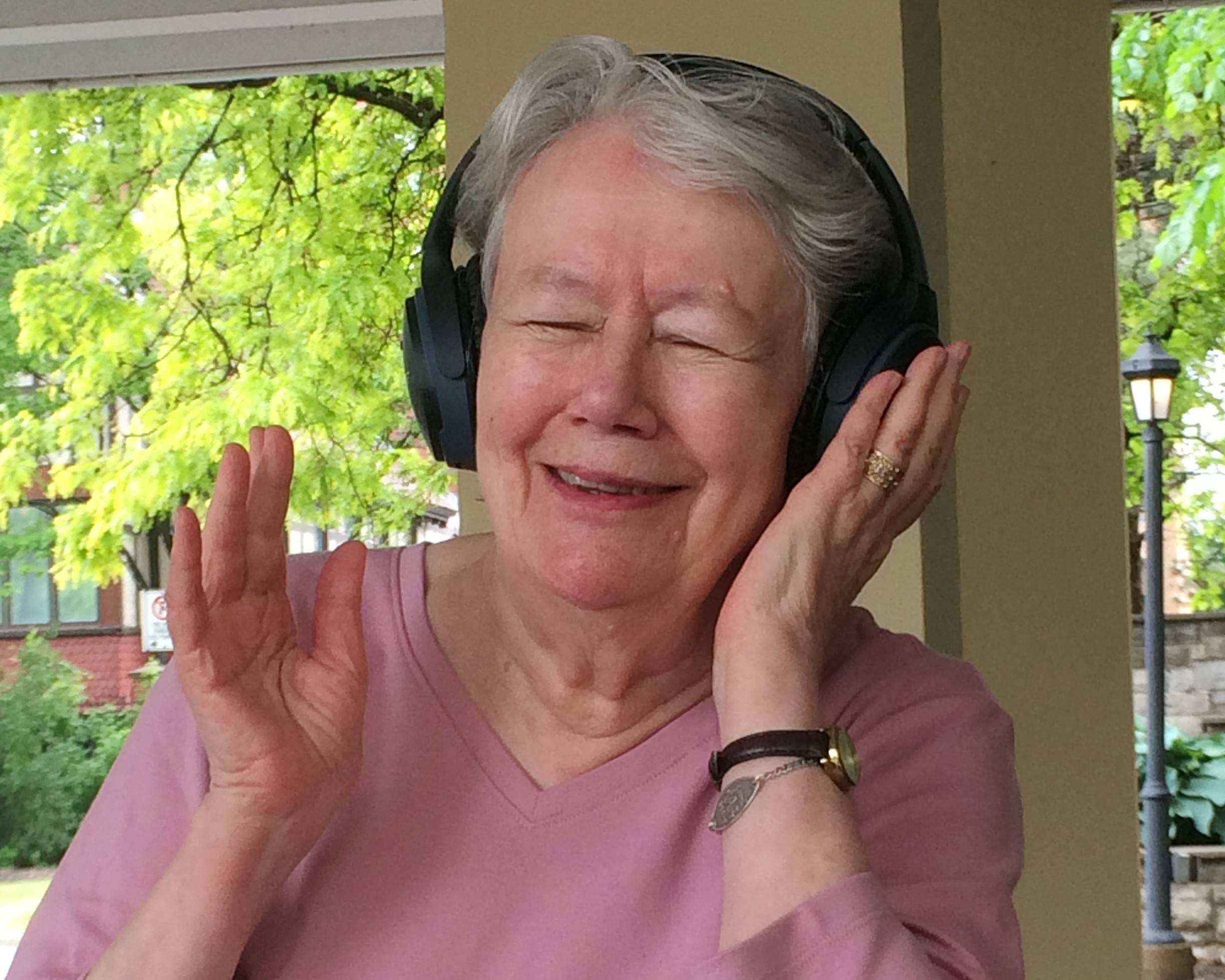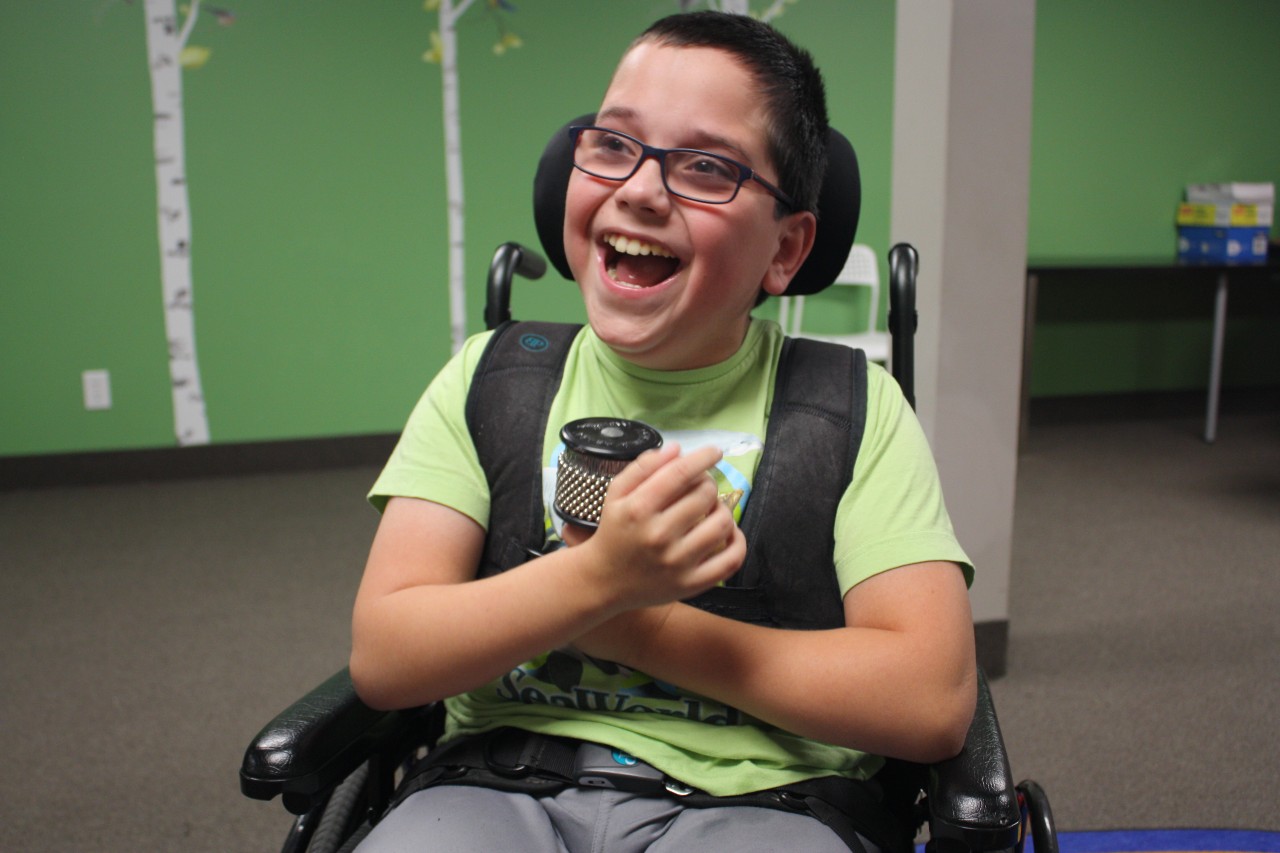Research framework
General aim
Music –be it learning, performing, creating, or listening– is universal across societies, generating profound and meaningful experiences throughout the lives of many. Music is a rich human experience that moves us at an emotional level and affects our mood; incites aesthetic engagement, creative expression, and connection with the imagination; and encourages sensory and cognitive stimulation, physical activity, and social interaction. Each of these in turn can trigger psychological, physiological, cognitive, social, and behavioural responses that are themselves causally linked with health and wellbeing outcomes.
These effects will be studied for different types of music-making activities and different target populations. Our aim is to provide an evidence-based model that conceptualizes a music-health-wellbeing interaction approach centered on collaborations between musicians, music educators, caregivers, health providers and the targeted populations. We will also develop, implement, and test new musical approaches to identify the most favourable ways of integrating musicians and music educators into community and health care settings and establish evidence-based best practices for the enhancement of health, wellbeing and quality of life.

Target population
Our researchers are interested in the numerous benefits of music for all individuals and communities. Experiencing music is known to bring pleasure, happiness, contentment and gratification. Music can also support child development, help to prevent ill health, and promote social cohesion and social identification. Therefore, music contributes to lifelong mental, cognitive, physical and social health and wellness.
Our research will focus on various populations at risks including those experiencing social isolation and community exclusion (e.g., due to low income, immigration, ethnic minority situation, or incarceration); families and care givers experiencing fatigue and exhaustion (as we have clearly seen during the pandemic); the aging population (by 2030, older adults will make up 23 percent of the Canadian population, and aging is related to higher risks of health issues such as falling and dementia). The Institute is also in an optimal position to study musicians who are often at risk of being affected by pain and anxiety due to the practice of their instrument.
Our research prioritises people living with disabilities and mental health issues. Over 20% of Canadians – more than 6.2 million people – are affected by physical or sensory limitations and intellectual disabilities. Additionally, one in five Canadians a year suffer from mental illness. We will study the role of music in supporting and improving health and wellbeing in these populations.

Music activities
Music-based activity is a broad term involving any kind of music experiences. A music activity could have an educational aim or a therapeutic effect, but is not primarily designed for these specific goals. In contrast, a music intervention is designed to change a specific aspect in an individual or group and is specially designed for this goal. The same kind of nuance should be made when talking about “music therapy” and the “therapeutic effect of a music activity”. One is designed for the desired specific therapeutic effect, the other is not, but could still have secondary beneficial effects on health and well-being.
Music-based activities can be divided in two types: receptive (listening) or participatory. In receptive activities, participants listen to music or songs performed by musicians, caregivers or from audio or video recordings. In participatory activities, participants join in the music-making process by singing, playing or moving to music. Those musical activities can be performed individually with the presence of a musician, music educator, music therapist or caregiver, and/or more frequently in groups with other participants.
Past research has shown that participatory experiences are more impactful and have longer effects than receptive experiences. Therefore, our research teams primarily investigate active musical experience through well-established music education approaches (such as Dalcroze music and movement, and Orff ensemble playing), established programs (such as Musicians-in-residence) and common musical activities (such as choir singing and individual music lessons). In addition, novel approaches to music listening and making will be designed, implemented and studied, including adaptive concerts, music circle events, virtual music-making, and other community-music initiatives.
